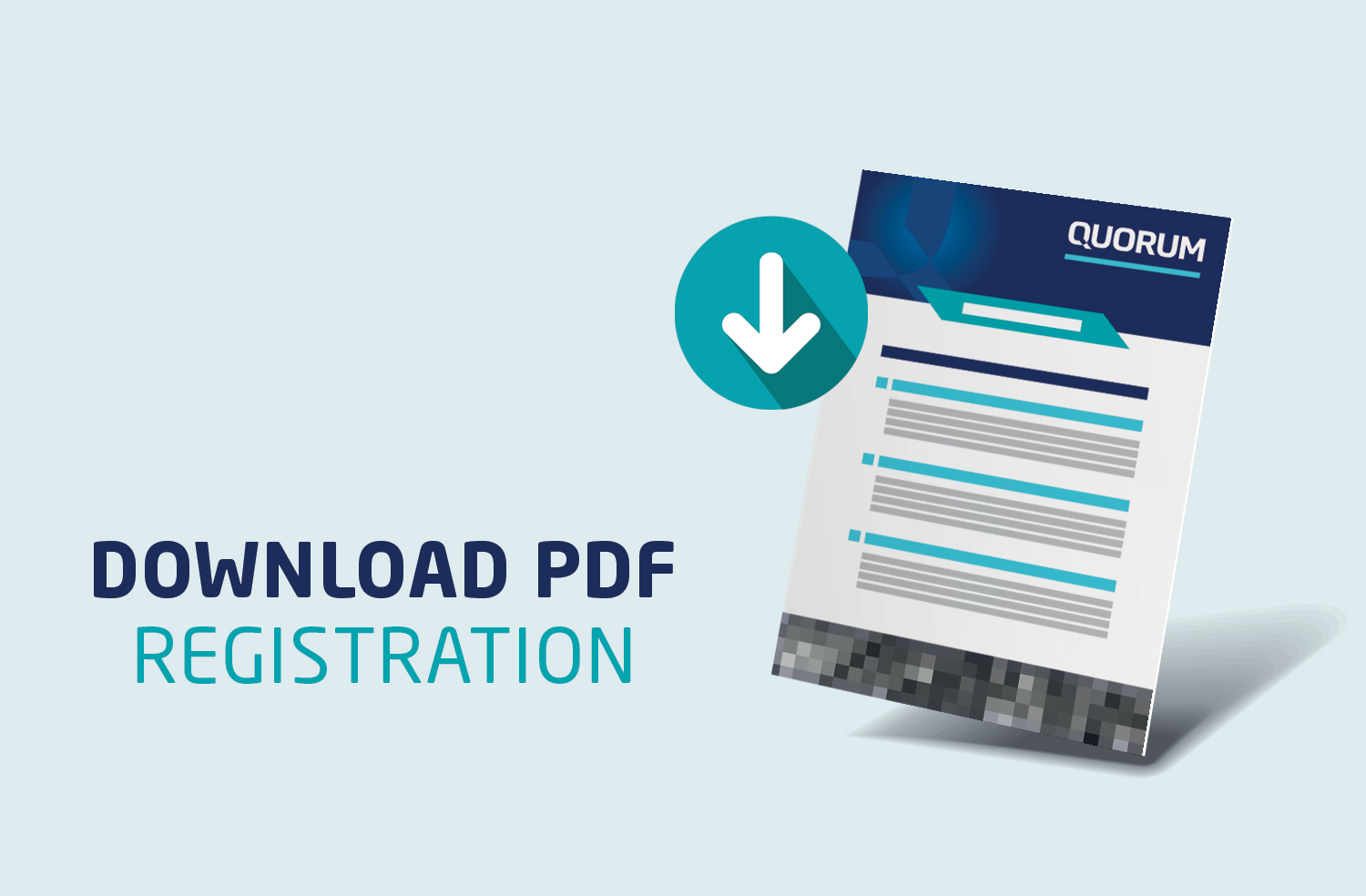ILS TIPS – Right at the start

If you want to ensure your support engineering project delivers results, then our series of ILS ‘Top’ Tips will give you all the pointers you need to keep you on the right track. It’s a quick read too!
Why ILS tips for free?
We decided to put ‘pen to paper’ and offer support engineering guidance after talking to engineers and project managers interested in top ILS tips, to help the smooth delivery of their projects, despite today’s challenges.
It’s clear delivery pressures are on the increase. Project and programme managers are wrestling with remote and disrupted working patterns, tighter timeframes, budget constraints and more rules and regulations than ever. The situation is compounded by global pandemic and Brexit supply chain disruption, as well as potential difficulties accessing and onboarding trusted specialist engineering expertise. Just a few headaches! Sound familiar?
Whatever industry you are in, Quorum uses its ILS (Integrated Logistic Support) expertise and experience to help businesses respond, however tough the challenge. So, let’s get started with our first blog covering three top tips for doing exactly that – Getting things right at the start.

Tip #1 - Make ILS integral to success from the start
We know support engineering and ILS are not classed as the ‘sexiest’ engineering disciplines, but they are necessary. Done well, ILS makes a big difference, maybe one of the biggest. It optimises supportability and delivers far better through-life costs. Meaning, if you want to be known for project engineering that is successful for the whole of life, not just the start, make ILS considerations integral to your project from the start.

Tip #2 - Clarify your mission need and keep it in focus
It may seem obvious, but sometimes overlooked, that the ILS planning and decision making should be focused on the mission need. The devil of ILS, as in other engineering disciplines, is in the detail. Whether you are analysing availability, reliability, maintainability, or any other aspect of supportability. However, when it comes to where you invest time, and how you resolve problems keep sight of the mission need, it is your guiding light and should be clear and agreed at the outset.

Tip #3 - Plan for the end at the beginning
Unfortunately, from the start you need to be thinking about how it all ends. Thankfully, recognising our responsibility for seeking more sustainable outcomes, at the end of a product life cycle, is now close to most of our hearts. As well as being a legal responsibility for many aspects. Minimising the environmental impact of each element, at the disposal and termination stage, will be more readily achieved if the objectives and planning are part of the design phase.
Hope you found our tips helpful, there are lots more to come. So, let us know any specific topics you would like us to cover.
If you need any ILS advice and support in the meantime please don’t hesitate to get in touch. With Quorum a problem shared is the start of a problem solved.
+44 (0) 1952 671950 | info@qlsl.com
Don’t miss the next ‘ILS Tip’ blog…
Make sure you don’t miss the next ‘ILS Tips’ blog on ‘Planning for Success’.
Register below for support engineering insights, direct to your mailbox!



